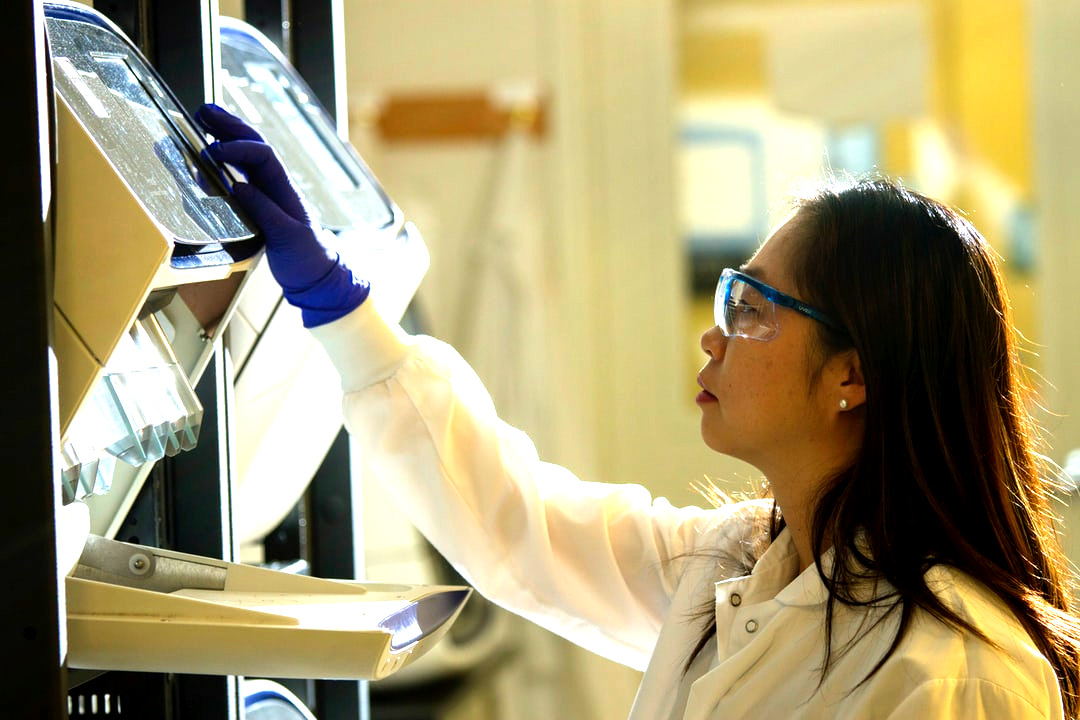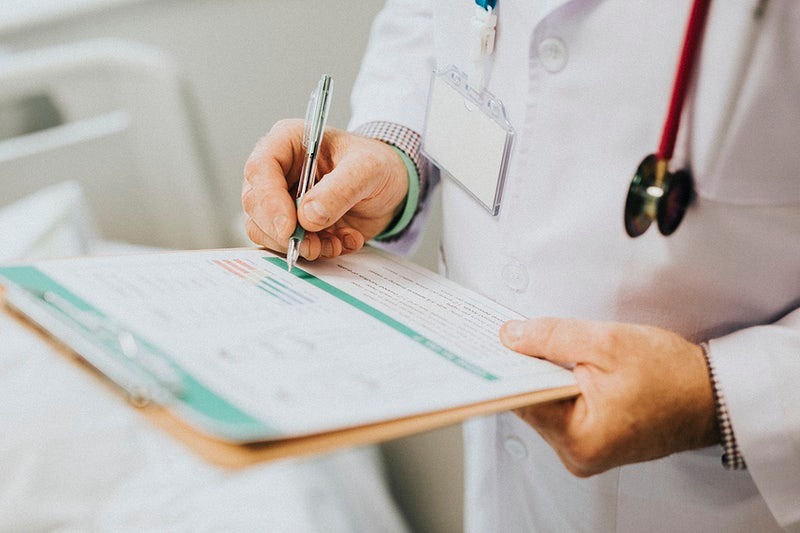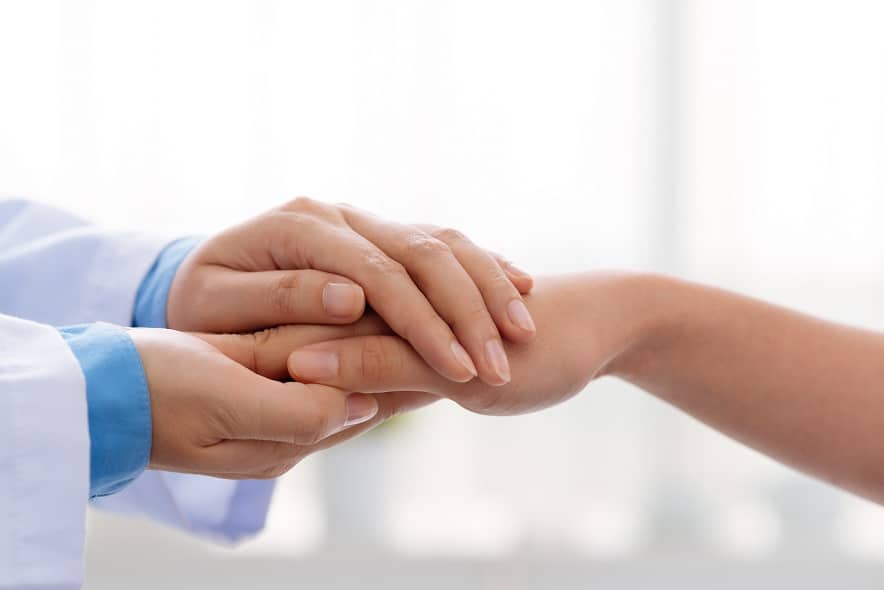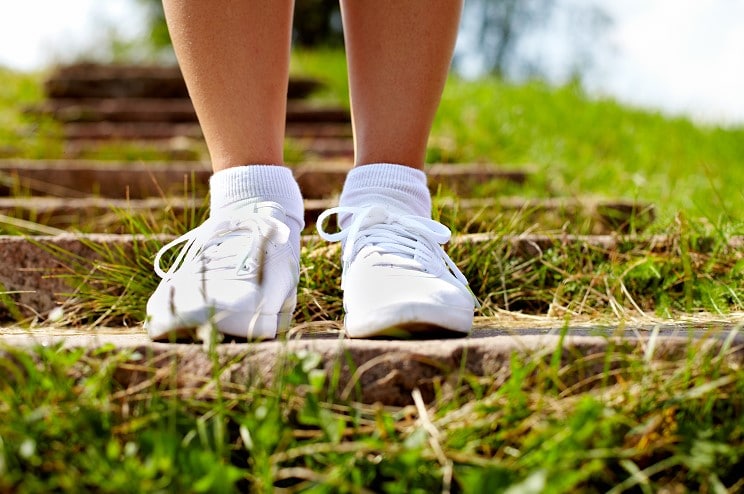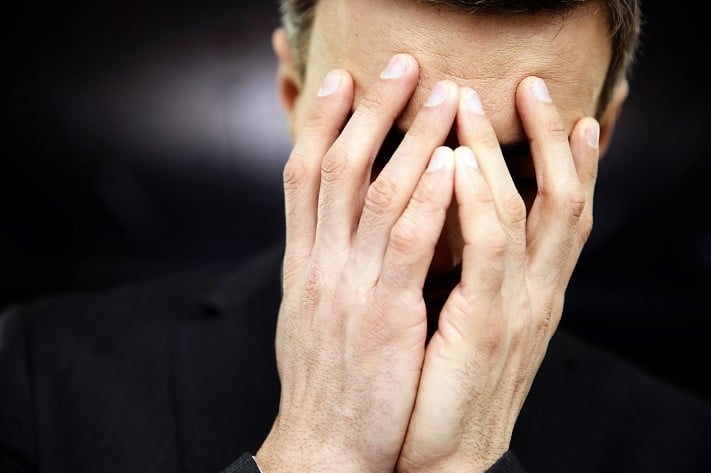The Differences Between Opiates and Opioids
Although many people use the terms “opioids” and “opiates” interchangeably, they actually refer to different things. Opioids are chemical compounds that are synthesized or manufactured in the lab. Opiates are substances extracted or refined naturally from plant parts such as poppy sap and fibers. The distinction is between natural and synthetic. Heroin, for example, is classified as an opiate drug because it is made from morphine, a derivative product from the seeds of poppy plants.
It is important to note the commonalities and distinctions. For example, both opioids and opiates can be used medically as painkillers. They are also referred to as “narcotics” (sleep-inducing). Many prescription opioids (such as oxycodone, oxymorphone, and fentanyl) can block pain signals between the brain and the body. Meanwhile, they also make people feel relaxed or happy. Due to their euphoric effects, opioids are highly addictive. The Centers for Disease Control and Prevention (CDC) categorizes natural opiates (such as opium, morphine, codeine, and thebaine) as one sub-category under opioids.
Opioid Addiction
People who use opioids and opiates can develop dependence in a relatively short period of time, often in two weeks. They function similarly in the body by binding to receptors in the brain’s central nervous system to boost pleasure and block pain signals, causing a sensation of euphoria. Both opioids and opiates can also be used illicitly, making them very accessible among teens and young people.
People who use opioids or opiates have a high risk of overdose, which happens when they take too high a dose and poison the body. It is widely known that opioid overdoses can be deadly. The signs of opioid or opiates overdose include vomiting, loss of speech, loss of consciousness, slow breathing, limp body, and skin turning blue or gray. For the past few years, opioids have become the leading cause of overdose deaths.
Stabilization and Maintenance
Although people who use opioids can develop an addiction quickly and experience severe withdrawal symptoms, it is still a treatable disease. To recover, they need medically monitored detoxification and a long-term prevention plan. The latter is critical because a large proportion of people who complete detox treatment for opioid use may relapse within a few months. When relapses happen, the chance of overdose is high. Therefore, it is crucial to focus on a long-term plan when treating someone with opioid use disorder.
The medical community has developed a wider range of available pharmacological tools for treatment compared with other drugs. However, the most challenging part is still to get people who use opioids to accept treatment. For example, the large majority of millions of opioid users in the United States are not receiving treatment. Among those who do accept treatment and complete detoxification, many experience relapse in the early recovery stage.
Long-term treatment methods using agonists such as methadone and buprenorphine face many obstacles such as government regulations and cost. On top of all these is social stigma.
Prevention Is as Important as Intervention
If you or a loved one is considering opioids as a painkiller option, it is important to get informed about the addictive effects and explore alternative options. In the United States, opioids are commonly prescribed for pain management. Even among health professionals, the prevention of opioid pain medication use has not been wide-reaching. Scientific research has identified high-risk prescribing practices among health care providers contributing to the ongoing opioid epidemic. These include high-dose prescribing, overlapping opioid and benzodiazepine prescriptions, and extended-release opioids.
To prevent and reverse the damaging cycle of opioid misuse, society needs to pay more attention to this epidemic. Take school-based health programs, for example. School-based prevention and education can effectively inform youth and families about the risk and accessibility of opioids, either through prescription or illicit trade, in the community. Many teens had access to opioids after athletic injuries.
There needs to be a strong protective system at the community level with strong parent and peer disapproval of opioid use. Research has shown that having a stronger school bond can also serve as a protective factor. Proper medication use and refusal skills can be integrated into classroom education as a prevention strategy.
Some collaborative efforts between community prevention organizations and schools have been proven successful. The former group provides resources and a framework for action to schools. They also connect schools to local events with the goal of educating staff and students. In sum, because the opioid epidemic is an ongoing and complex public health issue with no simple solution, there need to be collaborative efforts to catalyze change for the most vulnerable groups, especially youth.
Are you worried about a loved one developing opioid dependency? People who use opioids and opiates can develop dependence in a relatively short period of time. The fact that both opioids and opiates can also both be used illicitly makes them very accessible among teens and young people. You should work with health professionals to intervene early. At Capo Canyon Recovery, near Mission Viejo, CA., we believe in a holistic, incremental path to sustainable and long-term recovery. Our trained health care professionals have experience treating all severities of opioid addiction. We know what treatment is required, both in terms of physical health and mental health. You can benefit from both our inpatient residential care and outpatient long-term care programs. With Capo Canyon Recovery, you can rely on us to help you achieve long-term sobriety. We coach clients to cope with upcoming challenges. Start the journey with our experienced recovery experts today. Call us at (800) 804-8714.

